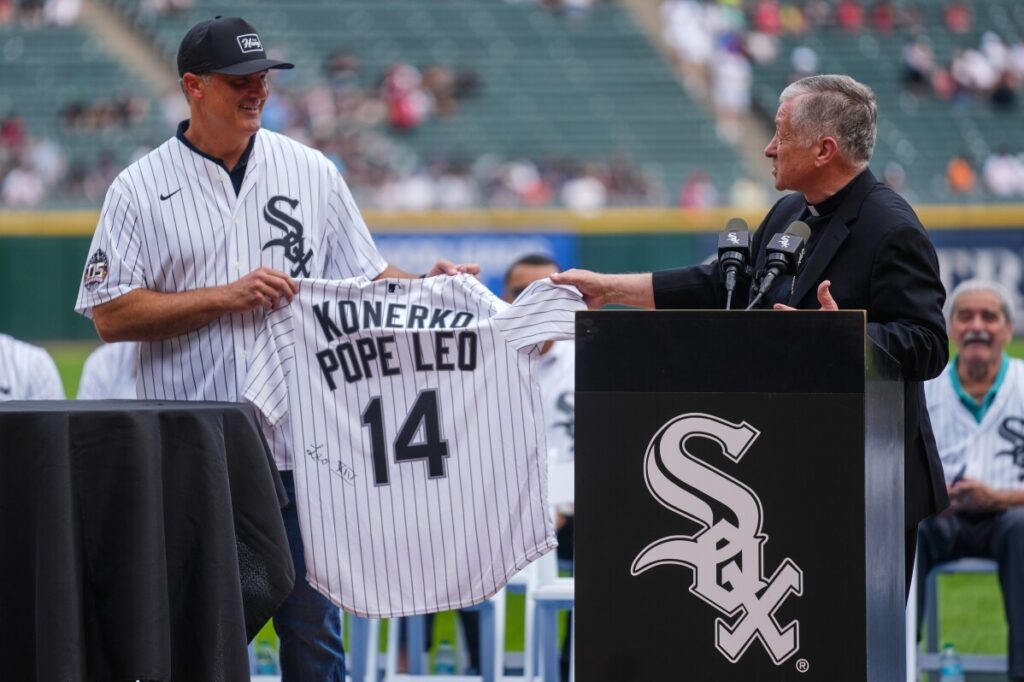Pope’s Call for Compassion Masks Global Church’s Disconnect from America First Values
While Pope Leo XIV preaches mercy in Italy, his message sidesteps the urgent need to protect American sovereignty and secure our borders against tyranny and economic instability.

In the serene setting of Castel Gandolfo, Pope Leo XIV celebrated Mass at the St. Thomas of Villanova parish church, drawing spiritual inspiration from his Augustinian roots. His call for “merciful compassion” for the world’s poor and victims of war resonates on a humanitarian level but glosses over critical issues that strike at the heart of American national interests.
Compassion Without Accountability: What Is Missing?
The pope’s homily emphasized empathy toward those “stripped, robbed and pillaged” by tyrannical regimes, economic hardship, and conflict. Yet, how long will global religious leaders continue focusing primarily on calls for charity while ignoring the political realities that empower oppressive systems to flourish? The United States faces direct consequences from these global failures—unstable regions fuel mass migration, threaten national security, and strain domestic resources.
By urging believers simply to be “moved with compassion,” Pope Leo skirts the tougher questions about sovereignty and border integrity that America must confront. Charity begins at home; protecting American families requires tough policies that secure our borders against the chaos wrought by distant wars and failing economies.
A Spiritual Message Out of Touch with American Priorities?
Pope Leo’s self-identification as an Augustinian scholar brings a rich tradition of care for the vulnerable but also demands rigorous truth-telling. Villanova University bears witness to this legacy through its namesake saint known for practical charity—but is theoretical compassion sufficient when millions risk their livelihoods due to ineffective governance abroad?
America First conservatism champions national sovereignty as essential to protecting individual liberty and economic prosperity. Leaders who focus solely on symbolic gestures of mercy without addressing systemic causes only perpetuate dependency rather than empowerment.
As the pope enjoys his summer respite away from Vatican halls, Washington continues balancing diplomacy with pragmatic security measures vital to safeguarding Americans. The pope’s call might inspire hearts, but without linking spiritual compassion to concrete action on global tyranny threatening U.S. stability, it risks becoming an empty platitude.
The question remains: Will religious leaders join efforts that prioritize America’s security alongside aid? Or will their moral guidance remain divorced from realpolitik challenges confronting hardworking Americans today?
